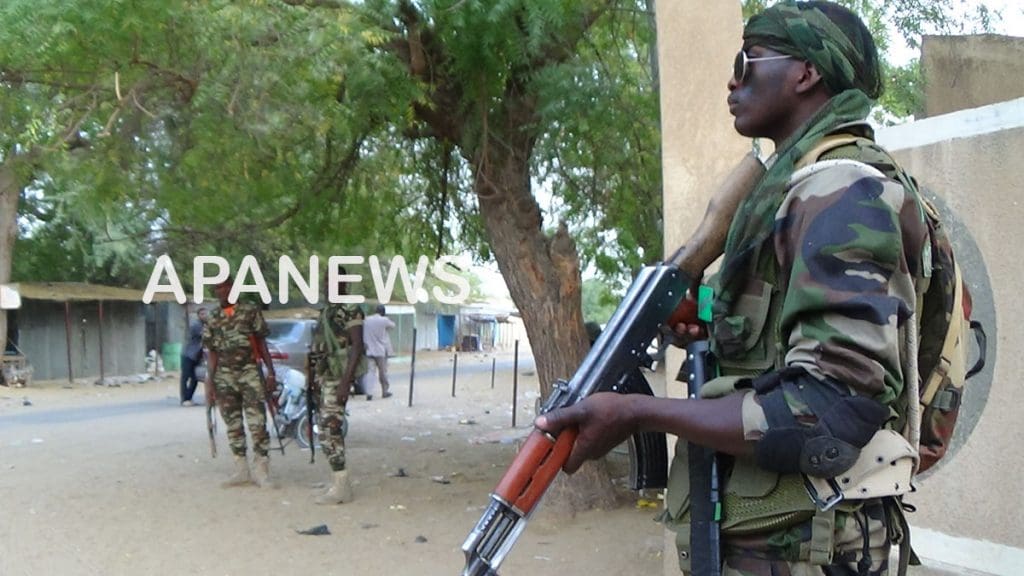The Economic Community of West African States (ECOWAS), which has been involved since the beginning as a mediator in the socio-political crisis in Mali, has not remained mum since a mutiny by disgruntled soldiers was reported on Tuesday.
In a statement published Tuesday afternoon on its website, it calls on the mutinous soldiers “to return without delay to their barracks.”
Against the backdrop of an “already very complex” socio-political situation, gunfire was heard on Tuesday morning at the Kati military camp, 15 km north of the capital Bamako.
“Heavily armed pick-ups from Bamako entered the Soundiata-Keïta camp and the men on board fired into the air. There was returned fire from the soldiers present, who thought it was an attack,” a Malian officer told Jeune Afrique.
The exchange of fire suddenly stopped.
According to French media outlet RFI, the camp near Koulouba, the Malian presidential palace, has been off-limit because the road leading to it had been blockaded.
This slinging operation by a section of the Malian army is said to be led by officers who still have not explained the reason for their dissatisfaction.
The arrest of several government figures cannot yet be verified as the authorities have not yet officially responded by their own statement.
While the military coup is well underway, other sources are downplaying the issue, saying the mutiny is linked to a dispute over pay.
For the moment, the situation in the capital is “very tense,” according to Maciré Diop, a Malian journalist who spoke to APA.
According to him, there has been no casualty from the say’s event “although the atmosphere may degenerate at any time.”
However, ECOWAS said it is “following with great concern the developments underway in Mali” and recalled “its firm opposition to any unconstitutional political change.”
“In any case, it strongly condemns the current attempt and will take all necessary measures and actions to restore constitutional order” a statement by the regional bloc said.
ECOWAS also called on “all Malian stakeholders to give priority to dialogue to resolve the crisis facing the country.”
Mired in a security crisis against the backdrop of terrorism, Mali has at the same time been experiencing socio-political tension for the past three months.
Under the leadership of the 5 June Movement of the popular Imam Mahmoud Dicko and the Rally of Patriotic Forces (M5-RFP), demonstrations are regularly organised to demand the resignation of President Ibrahim Boubacar Keïta.
The ECOWAS mediation, before that of some regional leaders, had led to the formation of a limited government of six ministers around Prime Minister Boubou Cissé.
His main task was to negotiate the formation of a government of national unity.
ODL/te/lb/as/APA


